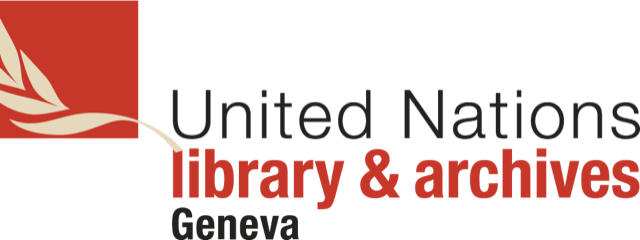In 1926, the International Institute of Intellectual Cooperation was founded in Paris to serve as its executive branch. The work of the two bodies composing the Intellectual Cooperation Organization paved the way to the creation of UNESCO.
Today, the archives of these League entities are kept by UNESCO in Paris and the UN Library & Archives in Geneva. This explains the relevance of this centenary for both institutions. Thanks to the LONTAD Project, the archives related to intellectual cooperation are now available online.
Check out this HiStories episode as it explored the impact of digitization for researchers. The participants explained how digitization is changing their practices and how they consider it might change the way of conducting research. Contrary to what has been done until now, the discussion focused on their personal experience more than specific research projects linked with digital archives.
In May 2022, the UN Library & archives hosted an academic conference which gathered scholars from different countries to examine the multifaceted history of intellectual cooperation.
The HiStories episode presents some of the main outcomes of the conference.
This session was part of our HiStories Series.
Participating in this session:
Speakers
Daniel LAQUA, Associate Professor of European History, Northumbria University
Kaiyi LI, Research Fellow, Leibniz Institute for Educational Media, Georg Eckert Institutes
Martin GRANDJEAN, Junior Lecturer in Contemporary and Digital History, University of Lausanne
Moderator
Roberta CIAMPO, Knowledge& Learning Commons, UN Geneva
Event details
Daniel LAQUA
Kaiyi Li
Martin GRANDJEAN
Roberta CIAMPO
In Person & Online

